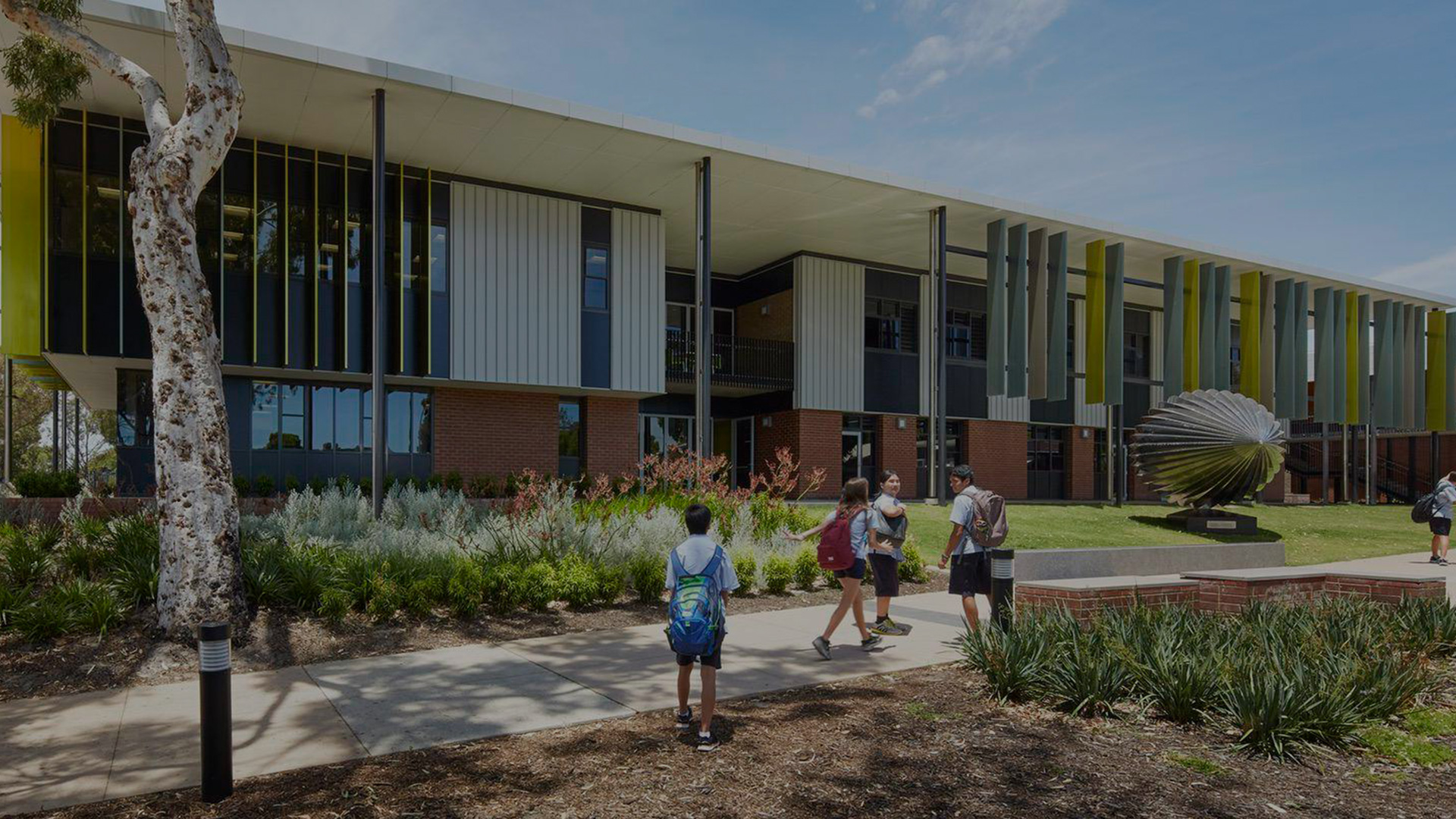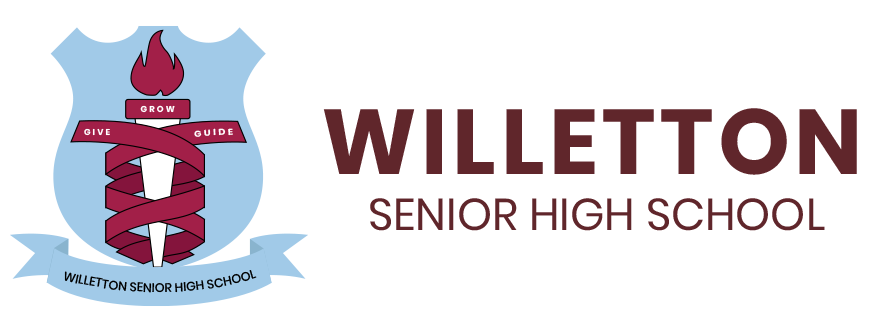
Languages
Learning
Languages are learnt as vibrant and rigorous programs that progress through Year 7 to Year 12 where our students achieve outstanding results in their final ATAR examinations.
The courses prepare students for life and careers where a sound knowledge of languages is advantageous. Many of our students persue tertiary studies in languages, in combination with other majors.
French, Italian and Japanese Second Language Courses
Language courses are aimed at students for whom the language is a second (or subsequent) language. Typically, students have not been exposed to, or interacted in the language outside the language classroom. They have typically learnt everything they know about the language and its culture through classroom teaching in an Australian school or similar environment, where English is the language of school instruction. Students may have experienced some short stays or exchanges (less than two years in total) in a country where the language is a medium of communication. Students who have a background in a particular language should not enrol in that language from the start of Year 7.
Students choose at least one of French, Italian or Japanese in Year 7 and study that language until at least the end of Year 9. The exciting opportunity to continue this language study to university entrance level in Year 12 is taken up by many of our students.
The Languages Learning Area promotes academic extension through the energy, enthusiasm and expertise of a talented team of teachers supported by the work of a number of native speaker assistants who also support students.
Achieving personal excellence is fostered through a range of extra-curricular opportunities. These include:
- Student exchange programs to partner schools in France, Italy and Japan
- Links with the Japan Foundation, Hyogo Prefectural Government Cultural Centre and Consul-General of Japan in Perth
- Gaining formal recognition of language competence through a variety of external competitions and examinations
- Additional support for students through language clubs which operate during recess and after school
| Course | Program | Group | Timing | Cost (Approx) |
|---|---|---|---|---|
| FRENCH | WSHS France Study Tour – 3 week program Students experience a cultural and linguistic experience in France, including a visit to Paris and a stay at a French high school. Here, students will stay with a host family in a French immersion environment. | Years 10 to 12 | Biennially | $5000 |
| FRENCH | La Reunion Exchange – 4 week program Students stay with a French family on the island of La Reunion, south west of Mauritius, for one month. Around 40 students from WA take part each year in this linguistic program which is run through the WA/La Reunion Student Exchange (Inc.) group - walrse.org. This is a reciprocal program so students who participate are then required to host a student from La Reunion for a four week stay in late December/January. This program is organised independently of Willetton SHS. | Years 10 to 11 | Annually | $3000 |
| ITALIAN | WSHS Italy Study Tour – 3 week program This is a student study tour to Italy which includes a 10 day home stay with families from our partner school, Istituto Statale d’Istruzione Superiore ‘Algeri Marino’ in Casoli (Chieti). Students stay with host families in a total Italian immersion environment and participate in excursions and in-school experiences. The remaining part of the Study Tour involves visiting Italian cities such as Rome, Venice, Milan and Florence. Students who participate will then usually host a student from Casoli for a three week stay in August/ September of the following year. | Years 10 to 11 | Biennially | $5000 |
| ITALIAN | Intercultura Exchange – 6/8 week program This reciprocal exchange is run through the Western Australian Association of Teachers of Italian and involves both hosting and sending. Students host an Italian exchange student for a two month period (usually early July - end of August). The Italian student will attend high school with their host brother/sister and participate in the general way of life of the family and community in WA. Our students will then travel to Italy and stay with a host family for approximately two months. They will attend an Italian high school with their host brother/sister and participate in the general way of life of the Italian family. Applications to host close in November and applications to send close in August. This program is organised independently of Willetton SHS. | Years 10 to 11 | Annually | $3500 |
| JAPANESE | WSHS Japan Study Tour – 3 week program This is a student study tour to visit our sister school, The High School of the University of Hyogo. Students stay with host families in a total Japanese immersion experience and a full itinerary is developed by the sister school. This involves both excursions and in-school experiences. Students also spend a few days visiting some of the major cities in Japan. This sister school relationship is one of the oldest in Western Australia and has existed since 1995. | Year 11 | Annually | $4500 |
In 2023 the following subjects and courses are offered:
Years 7, 8 and 9
- French
- Japanese
- Extension pathways
- Italian
Years 10 to 12
- French ATAR
- Italian ATAR
- Japanese ATAR
In Year 10, all classes are delivered as extension classes. Language students are encouraged to participate in an enrichment program which presents opportunities to converse with native speakers and explores the culture behind each language. They are also invited to participate in exchanges and tours abroad and host international visitors.
The language teachers and assistants encourage and support our students to enter competitions and to take external examinations which are offered at various year levels. We have many highly successful candidates and the enrichment that derives to the individual student extends across the whole languages program.
ENGLISH AS AN ADDITIONAL LANGUAGE
- EALD students in Years 7-10 attend four compulsory EALD classes per week, instead of English.
- They have the benefit of small class sizes, in specific EALD classrooms, with highly trained and experienced teachers.
- In Lower School EALD classes, students will develop writing, reading, speaking and listening skills which will allow them to read and write a range of texts; speak in a range of group and individual situations; listen to authentic and non-authentic texts; and learn about Australian culture and society.
- All Year 7 and 9 EALD students will be required to sit NAPLAN in Term 1. If a student achieves band 8 or higher for Writing, Reading and Numeracy they will NOT be required to sit the OLNA test in Year 10 the following year. Students have a total of six opportunities to pass the OLNA in order to achieve a West Australian Certificate of Education (WACE) at the end of Year 12.
- In Year 10 EALD, students need to make important decisions about their Senior School studies. Formal eligibility needs to be granted by the School Curriculum and Standards Authority (SCSA), and a student’s Year 10 EALD marks will determine their Year 11 and 12 ATAR or General EALD pathway.
- In Senior School EALD classes, students will develop writing, reading, speaking and listening skills which allow them to complete assessments and exams successfully. The skills and content covered in Lower School EALD classes will serve as the ideal platform for Senior School EALD success.
- Students in Year 11 and 12 EALD attend four classes a week. Year 12 ATAR EALD can be used in a student’s top four subjects for direct university entrance. A general course is also available.
HOW TO BE A SUCCESSFUL LANGUAGE STUDENT
All students at least one of French, Italian, Japanese for two hours a week in Years 7, 8 and 9. This is a compulsory subject, just like Maths, English and Science. We strongly encourage students to continue their language until Year 12 ATAR level.
- The language learning experience might be quite different from what you are used to at primary school, or at other schools.
- Each term, students will be given a workbook that contains the course outline at the front, and all of the materials required for the term.
- Teachers will upload all learning resources to Connect.
- There are four formal assessments each semester. This involves a variety of presentations, group tasks and tests.
- Native speaker language assistants are often in classes
- There are after school and recess clubs to help students. These involve really fun ways to learn and students can get an insight to the culture through music, film, cooking and games
- In Year 11, students will have the opportunity to participate in an exchange program to France, Italy or Japan.
Your attitude toward language learning is crucial to your child’s success.
Sometimes parents say they can’t help their son or daughter with their language learning as they don’t speak that language. Don’t stress – most parents don’t have detailed knowledge of mathematics or biology or history. It’s our job at school to teach the language, but there are some simple things that you can do to make your son or daughter’s experience a rich one.
- Be positive. Learning a language is an asset for life.
- Encourage your son or daughter to ‘keep at it’ if they find something difficult, rather than giving up.
- Ask your child about their language class – what topic are you doing this term? what is your major assessment task? What new sentence did you learn today?
- Look at the course outline in the workbook at the start of each term.
- Ensure you know who your child’s language teacher is and email him or her directly if you have any questions or concerns. We can address almost anything straight away.
- Have your son or daughter teach you to say something in the language every week. This also makes for a fun family bonding experience.
- Make sure that your child gets homework done and assessment tasks in on time. Apart from anything else, this is an important life skill. Encourage them to access the resources on Connect three or four times a week.


